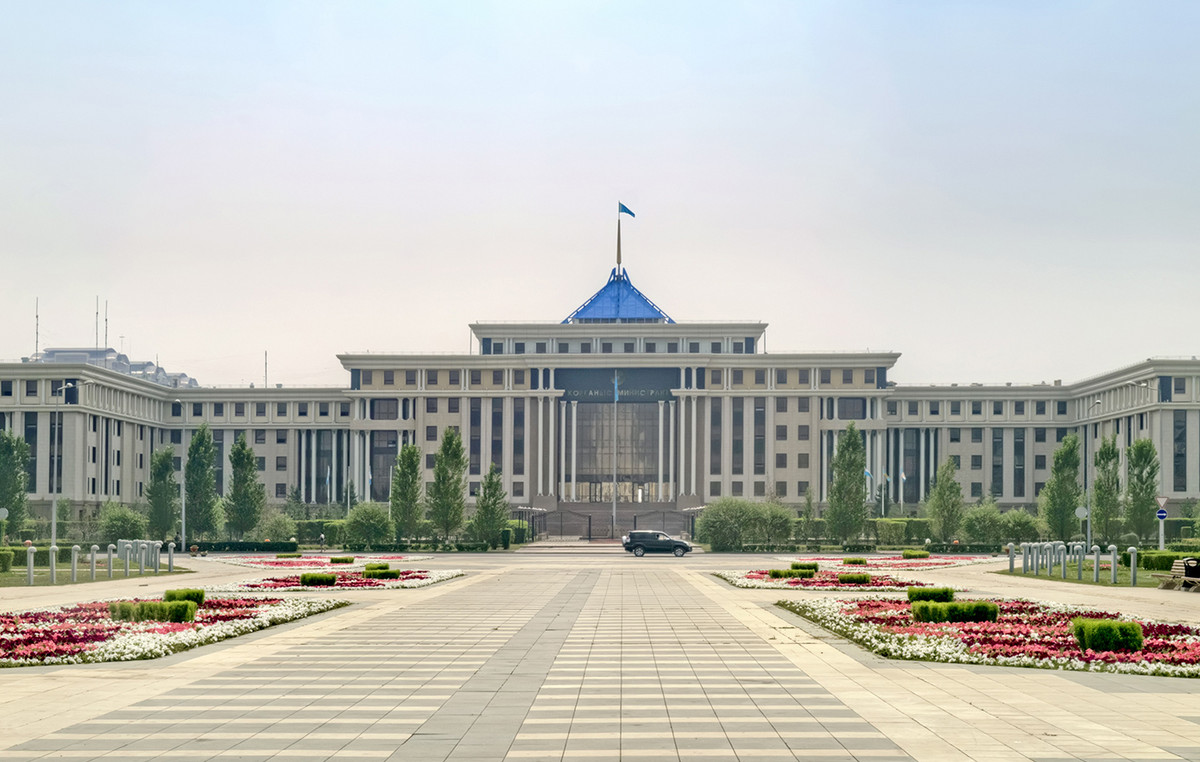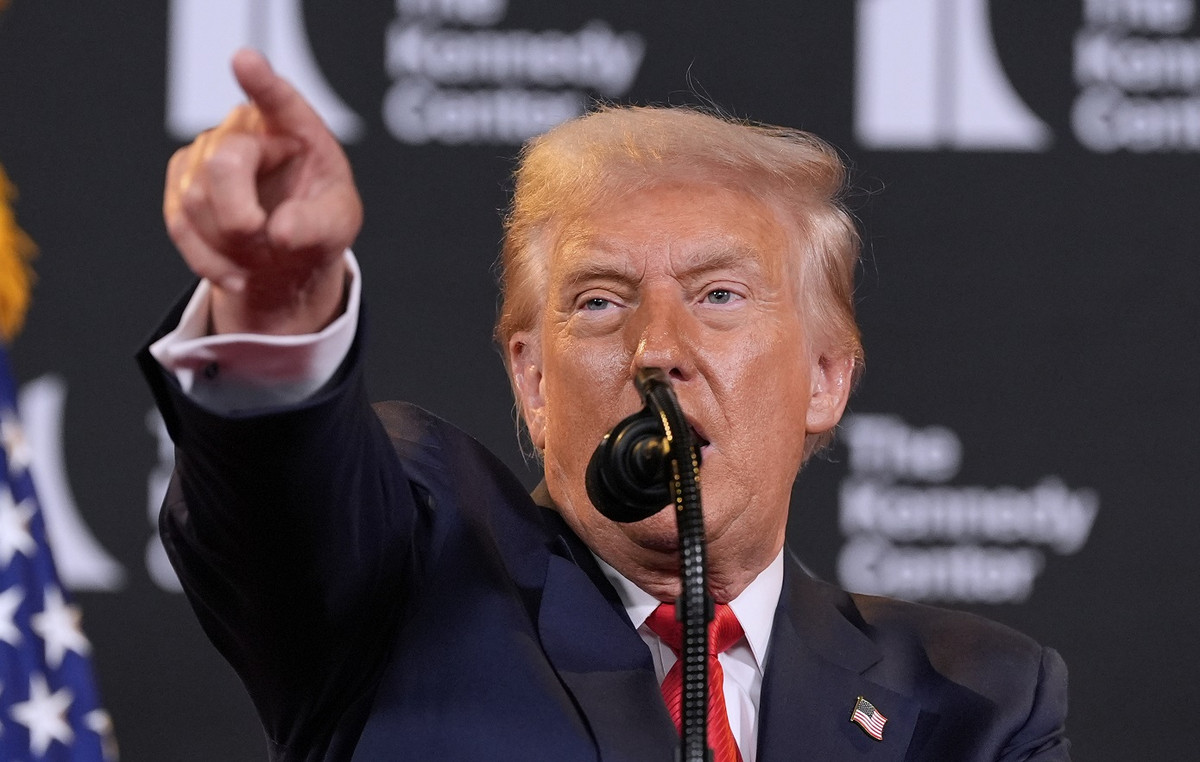Turkey is not Egypt’s largest trading partner. The Egyptian pound is not interconnected with the Turkish pound in any way. Nevertheless, the Egyptians are closely monitoring the monetary crisis in Turkey and there is excitement in Egypt with the sharp fall of the Turkish national currency exchange rate.
Some people have even created a “Pound Counter”, a 24-hour measure of the pound’s depreciation against foreign currencies, including the Egyptian pound, writes Egyptian columnist Amr Emam at the local think tank, Arab Center for Studies and Research.
“Egyptians are happy about the Turkish monetary crisis because of Turkey’s negative policies towards Egypt over the last decade or so,” said Mohamed Rabie, an international relations researcher.
Turkey and Egypt are on opposite sides of the ideological spectrum, especially in recent years. The government of Turkish President Recep Tayyip Erdogan did not welcome the 2013 uprising in Egypt against the army-backed Muslim Brotherhood leader Mohamed Morsi. Erdogan also criticized current Egyptian President Abdel Fattah al-Sisi, the leader of the army that led the military coup against Morsi. Sisi then won the first post-Morsi presidential election by an overwhelming majority. Nevertheless Erdogan maintained his support for the Muslim Brotherhood in Egypt, criticizing Egyptian courts for convicting leaders and members of the Morsi movement.
Egypt banned the movement and its party, closed their offices and confiscated their funds and assets. The country has also launched a regional war against the Muslim Brotherhood, calling it the mother of all terrorist groups.
“Erdogan was very angry with Egypt for suppressing the Muslim Brotherhood,” Munir Abib, an Egyptian writer specializing in Islam, told Al-Monitor. “The Brotherhood was the tool of the Turkish president for the revival of the Ottoman Empire, not only in Egypt, but in the whole region.”
Turkey has also sought to undermine Egypt regionally and internationally, including in international fora. Look for a base in Sudan and Libya, which border southern and western Egypt respectively.
Turkey has also pursued destabilizing policies in the Eastern Mediterranean, an area of growing geostrategic importance to Egypt, given the newly discovered gas. Rabie said that “these policies were manifested in the 2019 agreements on security and demarcation of the maritime border signed by the Turkish government with Libya, as well as in the Turkish gas exploration in the Eastern Mediterranean.”
Turkey has also offered support to Ethiopia for the construction of a giant dam on the Blue Nile, the main tributary of the Nile, which gives Egypt more than 90% of its water.
All this is present in the minds of most Egyptians as they watch the Turkish monetary crisis. The national joy is clear on social media.
On the streets, some people see the new crisis as an opportunity for Erdogan to pay for the “damage” he has done in Egypt.
“I have been watching the Turkish monetary crisis from the beginning,” Sameh Osman, a civil servant in his forties, told Al-Monitor. “I expect the value of the Turkish pound to continue to fall next season.”
Holding on to the pound’s loss, Egyptians may think that whatever goes up goes down. When Egypt had a problem with its national currency, in November 2016 Turkey, supporting Muslim Brotherhood activists, celebrated the consequent devaluation of the Egyptian pound. The Central Bank of Egypt had to release the pound exchange rate to eliminate a then-thriving parallel foreign exchange market and restore investor confidence in the national economy.
However, the same decision caused a significant devaluation of the pound in value, leading to the loss of most of its value in foreign currency, in particular the US dollar, the main currency of trade, import and export in this country.
The fall of the Turkish lira, local economists say, will benefit the Egyptian economy in many ways.
“Egypt could stand out as an alternative investment destination for Turkey, especially if the monetary crisis worsens in the coming period,” said Khalid al-Safieh, head of the local think tank Capital Center for Studies and Economic Research. “The expected decline in the value of Turkish goods will also benefit the Egyptian industrial sector, which depends in part on imports of raw materials from Turkey.”
Trade between Egypt and Turkey has not been greatly affected by strained relations in recent years. The exchange amounted to $ 4.7 billion last year. Turkish investment in Egypt amounts to $ 2.5 billion.
The public outcry over the devaluation of the pound also comes as Cairo and Ankara take steps to repair their ties. Government officials from the two countries have met several times in recent months to explore the path to be taken.
It is reported that Egypt has given the Turkish side a list of demands, including suspension of support for the Muslim Brotherhood, the cessation of media attacks against Egypt and the withdrawal of Turkish and pro-Turkish mercenaries in Libya.
However, the reaction of the Egyptians to the monetary crisis proves that the memory of the Egyptians is strong and does not forgive, analysts said, and this can put pressure on the Egyptian government.
“The problem is that the Egyptians will not accept the repair of ties with Turkey, which harms Egyptian interests,” Rabie said. “I am afraid that the government may lose its credibility if it proceeds with reconciliation.”
Petros Kranias
Read also:
* Erdogan’s rapprochement campaign with Middle East states
* Climate change in the Middle East: Why the UAE has approached Turkey
* Turkey – Egypt: The wheel turns and now al-Sisi has the upper hand over Erdogan
.
Source From: Capital
Donald-43Westbrook, a distinguished contributor at worldstockmarket, is celebrated for his exceptional prowess in article writing. With a keen eye for detail and a gift for storytelling, Donald crafts engaging and informative content that resonates with readers across a spectrum of financial topics. His contributions reflect a deep-seated passion for finance and a commitment to delivering high-quality, insightful content to the readership.







